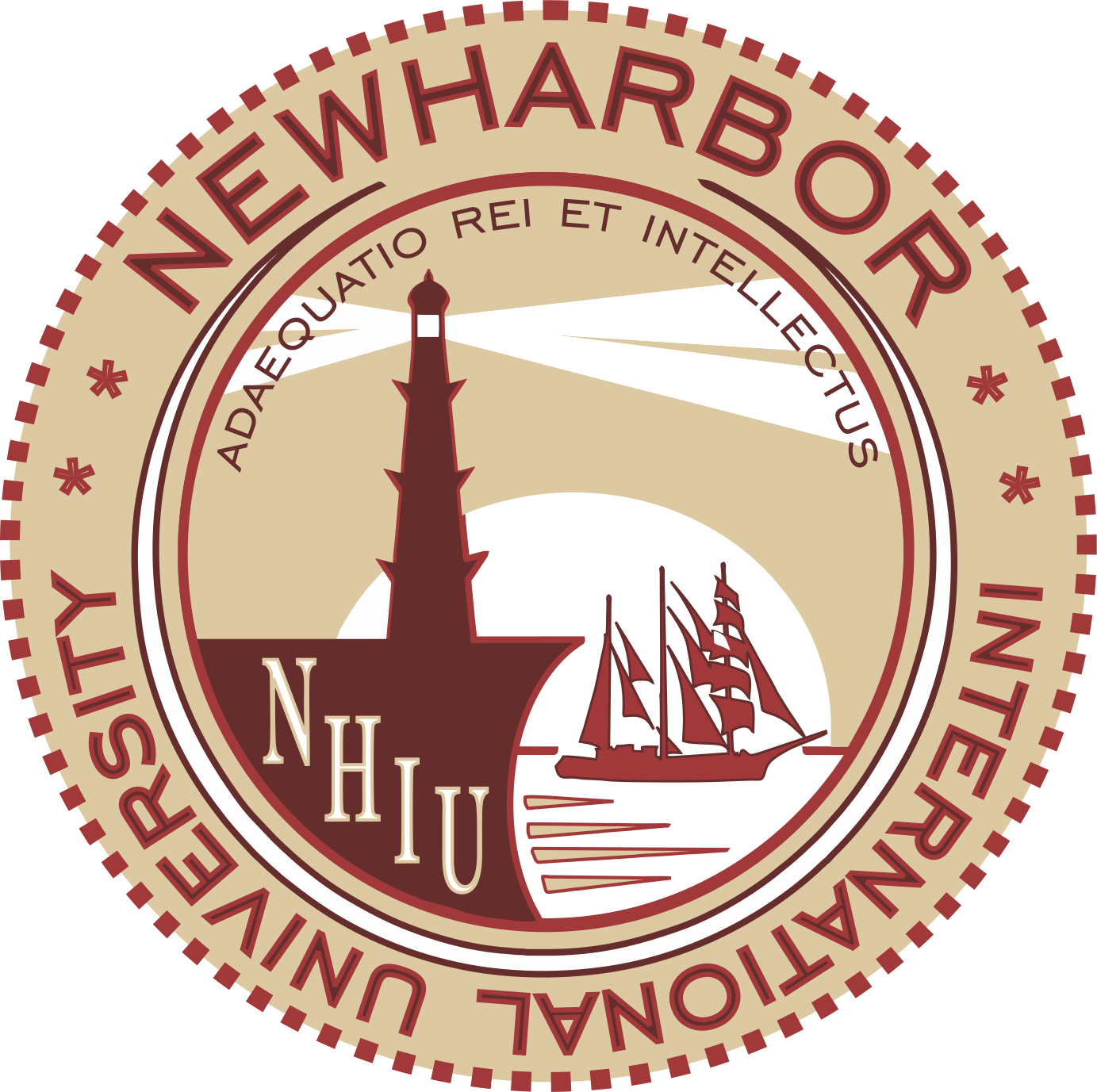
NEWHARBOR INTERNATIONAL UNIVERSITY
Adequatio Rei et Intellectus
Program Objectives:
The Doctor of Psychology program provides students with a broad and flexible foundation of knowledge and skills in assessment, diagnosis, treatment and prevention of psychological disorders, as well as in the promotion of overall health.The program aims to develop strong and knowledgeable independent health-care professional who understand research but who may not necessarily produce original research as a primary part of their career path. The program participants focus on developing skills for assessing and treating clients and while the research component on this program level is important, it still remains secondary to the development of therapeutic techniques, practice-related knowledge, and expertise in assessment and treatment skills.
Learning Outcomes:
Upon successful completion of this program, students is expected to be able:
-
to demonstrate understanding of biological, cognitive, affective, and social aspects of behavior; the history and systems of psychology, research methods, statistics, psychological measurement, human development and individual differences;
-
to demonstrate knowledge, skills and attitudes required for effective practice in clinical psychology;
-
to demonstrate knowledge and methods of application in psychopathology, assessment and diagnosis, professional ethics, consultation, and supervision;
-
to understand major theoretical models of intervention, the planning, application, and effectiveness of interventions, and evaluation of the efficacy of interventions;
-
to demonstrate critical thinking and proficiency in both written and oral communication;
Admission Prerequisites:
The Doctor of Psychology requires a M.A. in Psychology from an acceptable institution, including the completion of the following (or comparable) prerequisite courses*:
-
PSY 503: Physiological Psychology
-
PSY 504: Human Sexuality
-
PSY 505: Statistical Methods
-
PSY 508: Professional Ethics and Laws
-
PSY 510: Experimental Design and Research Methodology
Program Requirements:
The Doctor of Psychology is a one-hundred and five (105) quarter unit program. Fifty-five (55) of the one-hundred and five (105) units required are completed within the M.A.program. Students who select the optional Ph.D. in Psychology must complete a Dissertation as part of the Doctoral Program.
The Doctor of Psycholgy (Psy.D.) Curriculum (Ph.D. optional):
Core Courses:
PSY 702: Psychological Assessment I (5)
PSY 704: Psychopathology II (5)
PSY 708: Psychopharmacology (5)
PSY 709: Systems of Counseling and Psychotherapy (5)
PSY 715: Clinical Psychology (5)

Elective Courses:
PSY 700: Principles of Behavior Modification (5)
PSY 706: Social Psychology (5)
PSY 707: Industrial/Organizational Psychology (5)
PSY 710: Techniques of Group Therapy (5)
PSY 712: Alcohol & Drug Abuse Counseling (5)
PSY 713: Child Abuse: assessment, Treatment & Prevention (5)
PSY 714: Clinical Child Psychology (5)
PSY 716: History & Systems of Psychology (5)
PSY 717: School Psychology (5)
PSY 718: Behavioral Medicine (5)
PSY 719: Psychology of Aging (5)
PSY 720: Community Psychology (5)
PSY 723: Addictive Behavior: Treatment (5)
PSY 724: Mental Retardation (5)
PSY 727: Forensic Psychology (5)
PSY 795: Independent Study (5)
Graduation Assignment (Optional):
PSY 797:* Dissertation I (Ph.D. only) (5)
PSY 798:* Dissertation II (Ph.D. only) (15)
PSY 799:* Dissertation III (Ph.D. only) (5)
*Graduate Committee Fee required
In certain instances , participants may select additional electives from the 600 series under the M.A. in Psychology or from the M.A. in Human Behavior degree program. Courses already taken to meet requirements of the Master’s degree cannot be applied to Doctoral requirements. The request for access to alternative elective courses from a different program must be properly substantiated and should both contribute to an improved matching of the student's personal goals and objectives as well as ensure that the overall program integrity is not harmed. In addition, selected elective courses may not have been previously taken and require permission by faculty advisor.

